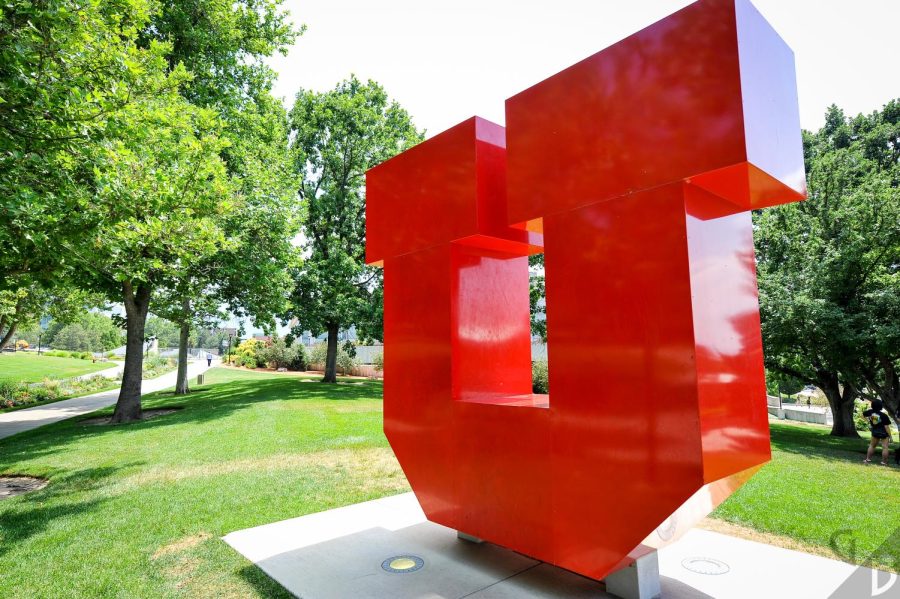Editor:
Divestment from fossil fuel companies is one of the most effective, low-risk and common sense actions the U can take to combat the current and future impacts of climate change.
Our administration understands the dangers of climate change — demonstrated by President David Pershing’s goal of carbon neutrality by 2050 through the Climate Action Plan — efforts to immediately reduce emissions on campus and renewable energy purchases of about 36 percent of the university’s total power use in 2012. However, the U continues financial encouragement of fossil fuel use globally with its investments.
Investing in these fossil fuel companies provides the financial incentive and social license to continue extracting, selling and burning more carbon — carbon we cannot afford to burn if we want to avert catastrophic climate change. It seems contradictory that the U is ranked third nationally in green power purchases, but invests in the burning of destructive fossil fuels with its endowment.
To be clear, divestment is anything but a “feel-good” measure. In fact, it is one of the strongest actions we can take against climate change.
In 1987, at the height of the apartheid era, the U, along with many other institutions, divested from companies that did business in South Africa, thanks to the tireless dedication of students. One of these student leaders for divestment at the U during apartheid, Tom Price, is a passionate supporter of fossil fuel divestment.
“I know from experience that the U can divest for non-financial reasons when there is a compelling cause, and that doing so sends a clear, effective message,” Price said, adding that there is no “more clear and present threat to our way of life than climate change.”
Divestment is also a financially sound technique. The estimated negative effect on the U’s endowment is less than one half of a hundredth of a percent — 0.0034.
What about scholarships? According to the U’s Office of Budget and Institutional Analysis, only about 7 percent of “non-need-based” scholarships or grants came from “institutional” or “external” sources. Fossil fuel companies are just one of the many benefactors in this category — only a portion of the 7 percent.
But here’s the kicker — the percentage is irrelevant. Since endowed scholarships are bound by contractual restrictions, they cannot be revoked on a whim and certainly not because of university investment policy. In all likelihood, no scholarships, no grants and no student aid would be affected.
Divestment would cost the U essentially nothing, maintain scholarships, align our actions and principles with our investments and would be a monumental move against climate change. The student government, ASUU, already has a courageous action in support of this endeavor — Joint Resolution 12. It deserves swift passage.
Matt Kirkegaard,
Sophomore, Political and Environmental Science
Founder of Fossil Free U















